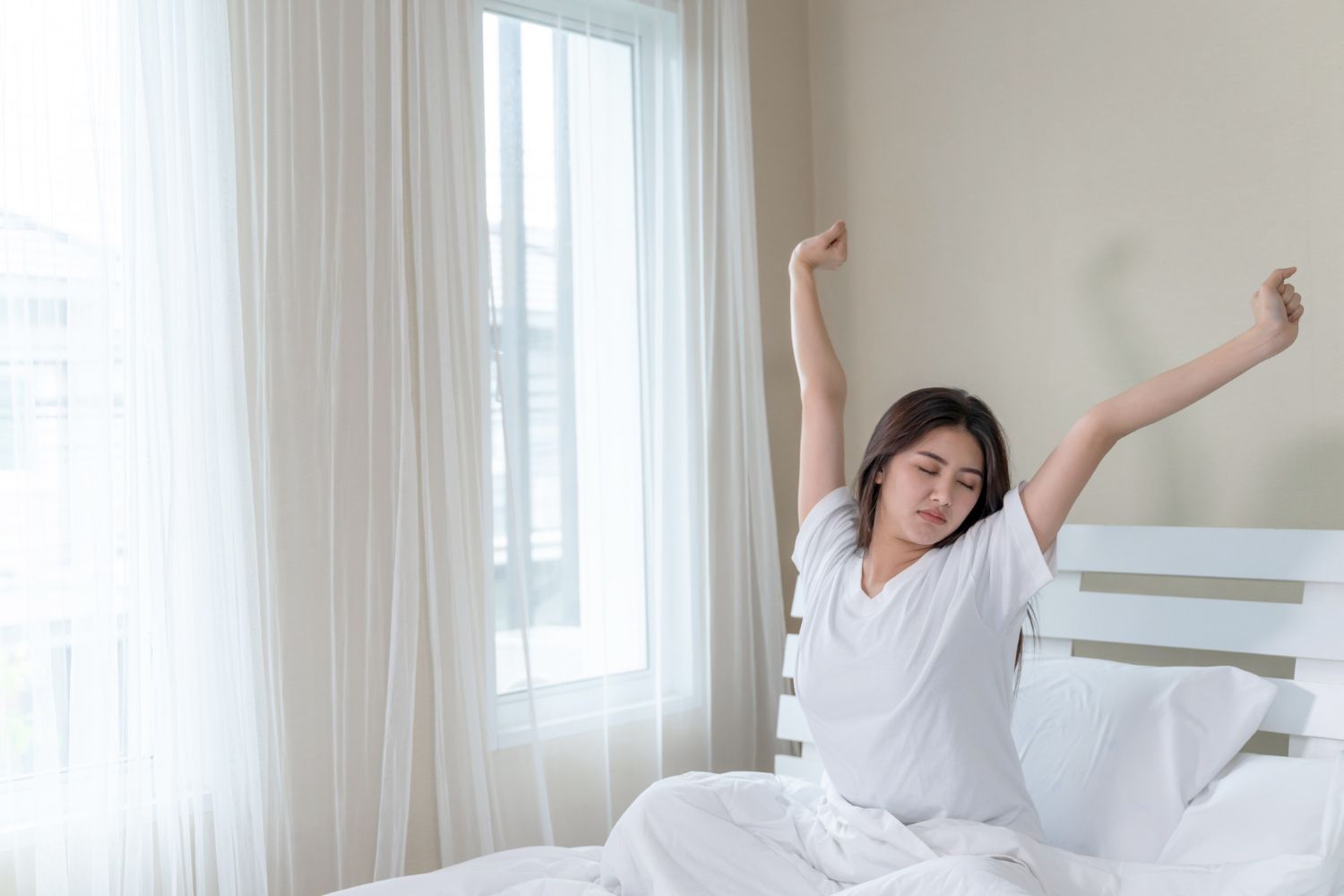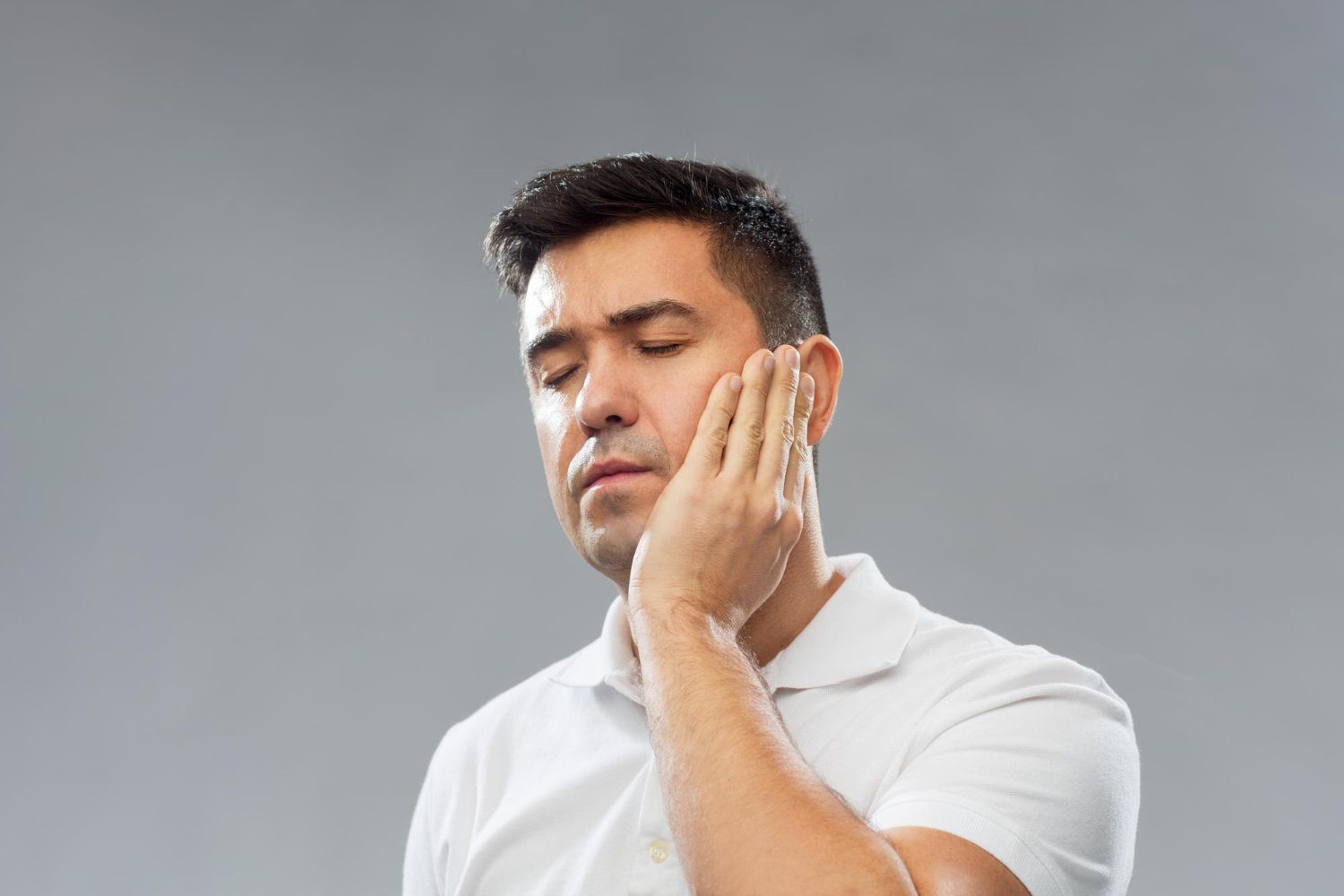How the Change of Seasons Affects Sleep Apnea: Dr. Cameron Kuehne Weighs In

Have you ever noticed how your sleep patterns shift as the seasons change? You’re not alone. Many people experience fluctuations in their sleep quality when the weather changes. These shifts are particularly noticeable for those with sleep apnea, a condition where breathing repeatedly stops and starts during sleep. Understanding how the changing seasons can impact sleep apnea is key to managing its effects year-round. Dr. Cameron Kuehne, a professional in this area, provides valuable insights into how different times of the year can play a role in sleep health.
Dr. Cameron Kuehne highlights that each season comes with its unique set of environmental factors that can affect sleep apnea symptoms. For instance, increased pollen in spring or humid summer nights can exacerbate conditions like allergies, which, in turn, might worsen sleep apnea symptoms. By being aware of these seasonal influences, individuals can take proactive steps to maintain better sleep health throughout the year.
How Seasonal Changes Impact Sleep Apnea
The changing seasons bring more than just new weather patterns; they also introduce various environmental factors that can significantly affect sleep quality, especially for those dealing with sleep apnea. Here’s how each season can play a role:
- Spring: As nature awakens, so do the allergens. Pollen from blooming plants can trigger allergies that complicate breathing at night, making sleep apnea worse for many. Managing these allergies with the right remedies can lessen their impact.
- Summer: Longer days might sound appealing, but they can mess with your sleep cycle. A shift in bedtime due to extended daylight can disrupt your internal clock, leading to difficulties in falling and staying asleep. Plus, high temperatures can make it uncomfortable to sleep, further affecting those with apnea.
- Fall: With the onset of cooler weather, some might experience respiratory issues due to increased indoor time and the accumulation of dust and mold. These can block airways, making breathing during sleep harder.
- Winter: Cold weather might encourage snuggling indoors, but it can also lead to dry air, particularly when heating systems are on. Dry air can irritate the nasal passages and throat, making breathing through the night challenging for those with apnea.
Managing Sleep Apnea During Seasonal Transitions
Keeping sleep apnea symptoms in check throughout the year is possible with a few practical strategies. Dr. Cameron Kuehne shares some simple yet effective tips for managing symptoms with each seasonal shift:
- Maintain good air quality indoors by using air purifiers and keeping windows closed during high pollen seasons.
- Use dark curtains or wear an eye mask in summer to help regulate your body's circadian rhythm despite the longer daylight hours.
- Consider humidifiers in winter to add moisture back into dry indoor air, helping to keep airways clear.
These tips can ease seasonal impacts, but if symptoms persist, it’s wise to consult with a professional like Dr. Cameron Kuehne for tailored advice.
Common Triggers in Different Seasons
Understanding the common triggers of sleep apnea across the seasons can help you manage your symptoms better. Here's a closer look at what might be affecting your sleep in each season:
- Winter: Dry, cold air can lead to irritated airways, making it harder to breathe comfortably at night. Indoor heating systems often dry out the air even more, which could exacerbate throat discomfort.
- Spring: Along with the beauty of spring comes pollen and other allergens. These can inflame nasal passages and make breathing during sleep difficult, particularly when windows are open to let in the fresh spring air.
- Summer: The heat and humidity can cause restless nights. High temperatures at night might prompt you to crank up the AC, but cooling units can circulate dust, further agitating those sensitive to allergens.
- Fall: Fall is a time of transition, and with that comes changes in weather and temperature. The increase in time spent indoors can expose you to allergens like mold and dust mites that thrive in certain indoor conditions.
Recognizing these triggers helps you take action to minimize their effects, ensuring more restful nights regardless of the season.
When to Seek Professional Help
There are times when managing on your own isn't enough. If sleep apnea symptoms worsen or begin impacting your daily life, seeking professional assistance is advisable. Symptoms that might signal the need for expert intervention include:
- Frequent loud snoring, especially if it interrupts your partner's sleep
- Noticeable gasping or choking during sleep
- Excessive daytime sleepiness, affecting your work or safety
- Depression, anxiety, or irritability resulting from lack of restful sleep
Dr. Cameron Kuehne recommends keeping track of these symptoms and consulting with a healthcare provider if they persist. A personalized treatment plan can be incredibly effective in addressing these issues.
Finding Relief in Meridian with Dr. Cameron Kuehne
Ultimately, achieving better sleep and managing sleep apnea effectively is about understanding your body's responses to the changing seasons. Tailored solutions and advice from sleep specialists can make a significant difference in your quality of life. If you're experiencing challenges with sleep apnea, consider reaching out for expert guidance and support.
Engaging with knowledgeable professionals who can offer tailored advice is a proactive step in managing sleep apnea. Understanding and adapting to seasonal changes can significantly improve your sleep health, allowing you to enjoy each season fully with refreshed energy.
For those dealing with sleep apnea in Boise, aligning your lifestyle with the changing seasons can improve how you feel day-to-day. By acknowledging how each season can influence your sleep and knowing when to seek professional advice, you can achieve better rest. At CSAT Meridian - The Center For Sleep Apnea and TMJ, Dr. Cameron Kuehne offers expert guidance tailored to your specific needs. Get in touch with us to learn more about potential treatment options.










